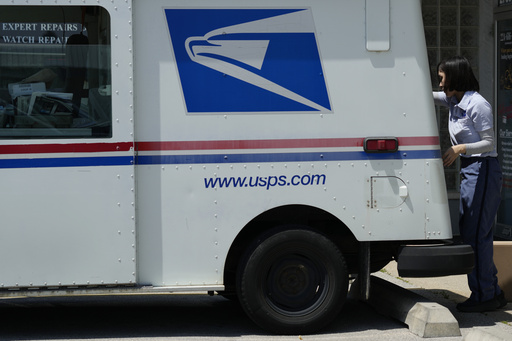The U.S. Postal Service recently announced the discontinuation of discounts for shipping consolidators like UPS and DHL, aiming to help reduce losses within the Postal Service. This decision may result in increased costs for consumers as those expenses could potentially be passed on to them. Consolidators play a significant role in processing around 2 billion packages annually, constituting approximately 25% of the Postal Service’s total parcel volume.
Postmaster General Louis DeJoy stated that this change is intended to enhance postal revenues and efficiencies, and promote the usage of Postal Service services like Ground Advantage. Despite potential cost increases for consolidators and consumers, DeJoy emphasized that the main objective is to ensure the financial sustainability of the Postal Service and not to dominate the package business.
DeJoy stressed that the adjustment is necessary as the Postal Service deals with losses and adapts to evolving shipping trends, especially with a substantial decline in first-class mail volume since 1997. An anticipated outcome of the change is the renegotiation of existing agreements with consolidators, with further adjustments as contracts expire over the upcoming year.
As part of a broader strategy to strengthen its Ground Advantage package shipments, the Postal Service aims to eliminate cost-efficient access to its delivery network, particularly the final crucial leg that covers deliveries to 167 million addresses nationwide, six days a week. The modification will impact consolidators that deposit numerous packages at approximately 10,000 sites across the country, reducing these locations to about 500 large hubs capable of handling such volume.
The initiative is in line with DeJoy’s efforts to address financial deficits and enhance operational efficiency within the Postal Service as part of a long-term plan for financial stability. While large shippers like Amazon, which have direct agreements with the Postal Service, remain unaffected, consolidators such as DHL eCommerce, OSM Worldwide, and UPS (operating through services like SurePost and Mail Innovations) may experience increased expenses due to the alterations.
The change highlights the challenge consolidators face in finding cost-effective alternatives or risk losing business to companies opting to ship directly through the Postal Service or other carriers. This shift in the shipping landscape has already prompted notable adjustments, such as Pitney Bowes filing for bankruptcy protection for its e-commerce division and FedEx’s decision to replace FedEx Smart Post with FedEx Economy Ground, utilizing its transportation network instead of the postal service.


